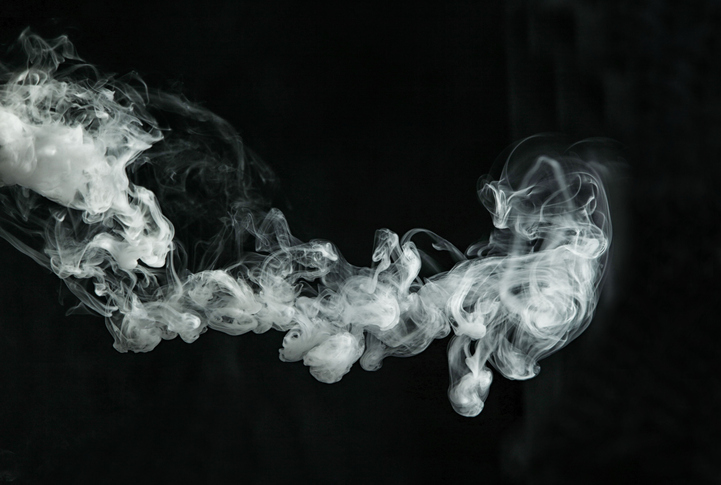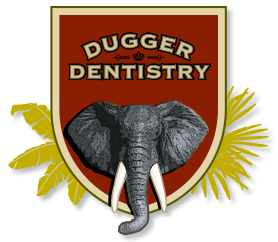What Smoking Really Does to Your Oral Health

Drink a six pack of Mountain Dew a day, floss using Twizzlers or brush with cotton candy and you will still probably do less damage to your teeth and gums then what happens from smoking. That’s why your dentist West Linn is happy to inform you!
Smoking easily ranks as the most destructive habit you can have to threaten both your long-term oral and overall health. The horrible habit not only contributes to lung and cardiovascular problems, it also contributes to the development of lesions in the mouth, excess plaque buildup, tooth decay, chronic bad breath and gum disease.
Patients who spend years, if not decades, smoking have a higher risk for permanent tooth loss, a problem typically treated with the placement of a dental implant. Unfortunately, the chance of implant failure is far more common among smokers than nonsmokers. This makes smoking the type of habit that not only undermines your health but then makes it hard to even treat the damage it caused.
Fortunately, quitting smoking helps to lower your risk for developing not only oral and lung cancer, but also gingivitis, periodontitis, tooth decay, thrush and a host of other common oral health problems.
If you want to avoid the tooth discoloration, persistent bad breath and poor oral health typically associated with smoking, you must visit Dr. Dugger to receive regular preventative dental care. Dental exams and oral cancer screenings performed by Dr. Dugger become even more important for smokers, while regular cleanings allow our team of dental hygienists the chance to remove tar and plaque deposits from the surface of your teeth.
If you’re not yet convinced of the threat smoking poses to your oral health, here are a few of the major effects smoking has on your teeth and gums.
Tooth Decay
Studies have found that tobacco smoke contains between 6,500 to 7,000 different chemicals, including acetone, acetic acid, arsenic, butane, carbon monoxide, cadmium, lead, ammonia benzene, formaldehyde, nicotine, methanol, tar and so much more. Many of these harsh chemicals actively work to breakdown tooth enamel, making your teeth weaker and more susceptible to decay. Others, such as arsenic and carbon monoxide, are toxic and deadly.
It only makes since that the higher your risk for tooth decay the more likely you become to actually lose teeth. Once a gap appears in your smile, the teeth that neighbor the space will start to slowly shift into the now vacant position. As your teeth shift to file the void, you can develop a misaligned bite that makes eating a chewing difficult.
As we mentioned earlier, many of the treatments Dr. Dugger would use to help fix the damage caused by smoking – such as dental implants – become less successful when you smoke.
Gum Disease
The chemicals in tobacco, combined with the irritation smoke causes your gum tissue, can lead to the degeneration of the soft tissue and bone structure that hold your teeth into position. Additionally, smoking also interferes with the typical functions performed by cells in gum tissue. This interference makes smokers more likely to develop an infection like gum disease, while also impacting the flow of blood to the gums. A lack of blood flow makes it more difficult for the body to heal the damaged caused by smoking.
Tooth Discoloration
The nicotine and tar in cigarettes can cause the teeth of smokers to become discolored in a short period of time. Smoking also creates an environment in the mouth that allows plaque to produce far more quickly when compared to the mouth of a nonsmoker. Smoking not only encourages plaque growth, it also makes the sticky biofilm more resilient and harder to remove during brushing. When plaque is allowed to accumulate on our teeth, it hardens into tartar, a yellowish substance that also works to discolor the complexion of a smile.
Oral Cancer
Oral cancer contributes to the deaths of 13,500 people a year in the U.S. When compared to other forms of the disease, oral cancer has a far higher mortality rate than more common cancers, including breast and prostate. One of the reasons why oral cancer has such a high mortality rate is due to how late in the disease’s progression a patient usually receives a diagnosis.
Tongue cancer and cigarette smoking have been linked in research. Symptoms that usually start as small white bumps that continue to grow if left untreated continue to become worse until a patient finally seeks treatment. Only then do they realize that they have a much more serious problem on their hands.
Fortunately, most types of oral cancer can be easily treated if spotted and diagnosed in time. But if the patient is a smoker, the cancer can spread to other parts of the body, including the lymphatic system.
Don’t let smoking ruin your oral and overall health. Takes the steps necessary to curb this harmful habit.
Your health and your smile will be glad that you did.
